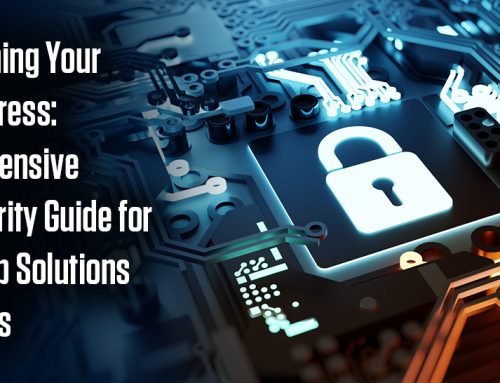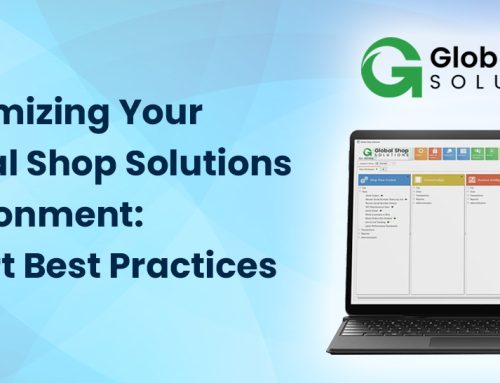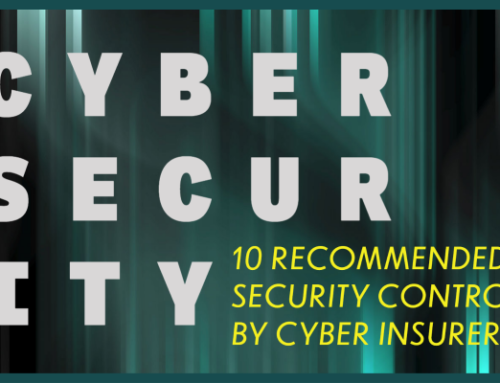“Cybercrime is the greatest threat to every company in the world.”
Ginni Rommety
Chair, President, and CEO of IBM
No business is immune to cybercrime, and small to mid-size businesses are especially vulnerable. When it comes to protecting their networks, many small to mid-size companies have no idea where to start. Often they do not have a solid understanding of the foundational elements of their networks that need to be built upon.
A firewall is one of the most critical components of any network. Without it, your company’s infrastructure is at risk.
Why do I need a firewall in the first place?
A firewall is like a moat around your castle. It’s a computer that filters traffic coming into your network from the Internet, as well as traffic going outside your network. When properly equipped, firewalls run complex software to inspect every “packet” of data that comes and goes, and compare those packets against known threats or malicious patterns to block or quickly mitigate unwanted activity.
In today’s cybersecurity landscape, some firewalls block hundreds or thousands of malicious threats every day! These threats include malware, spam, intrusion attempts, Denial of Service (DoS) attacks, infected websites, and inappropriate websites. Firewalls also enforce security policies within your environment by stopping users from sending sensitive information like Social Security numbers or credit card information.
If your company uses the Internet to conduct business, you should have a commercial-grade firewall running a full suite of security services. If your company has multiple offices, you should have a firewall at each location, and every firewall should be connected the main firewall with a site-to-site VPN.
How much firewall does my business need?
These factors should be considered in selecting a firewall:
• The amount of Internet bandwidth your company currently has or is considering in the near future
• The number of users within a location,
• The number of locations joined to a firewall (site-to-site VPN)
• The degree of filtering you want to run (Firewalls are computers, so the more the software is doing, the more horsepower you need.)
• Whether your company uses public or private cloud resources
We recommend having a qualified IT professional assess these factors to determine which firewalls are suitable for your company’s network. When all of these factors are considered, along with others relevant to your company’s environment, an IT professional can recommend firewalls with a high degree of confidence.
How much does a firewall cost?
Firewall pricing ranges from hundreds to thousands of dollars, depending on the types and sizes required for a network. Renting firewalls is another option and can be less expensive in the long run.
Three years ago, Upward Technology switched to a Firewall as a Service (FWaaS) model. With this model, our clients rent their firewalls for a monthly fee. We believe this is the best way for our clients to use a firewall, because the technology changes rapidly. As a result, Internet speeds increase while prices drop. We are seeing Internet deals today that would have been unheard of even two years ago.
Companies who buy a firewall may find themselves replacing it in just a couple years or less when they are enticed into twice the bandwidth for less money by their Internet service provider. Acquiring firewalls through Upward Technology’s FWaaS model eliminates this risk and makes swapping out firewalls easier than ever.
Every small and mid-size business needs a firewall to help keep their businesses safe. If you are wondering which firewall is right for your business, contact Upward Technology today for a free consultation.







Leave A Comment